
Playwright and actor
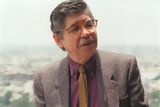
Novelist

Writer and poet

Volleyball player

Italian-Peruvian naturalist and geographer

Singer and percussionist

Last Inca emperor

Politician, former prime Minister

Journalist and TV host
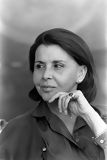
Poet

Inca warrior
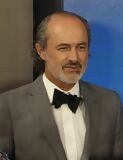
Actor and comedian

Biophysicist

Poet

Doctor and researcher
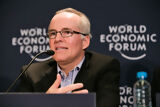
Businessman, Interbank group

Journalist and writer
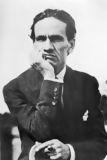
Poet and writer
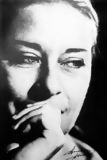
Singer and songwriter
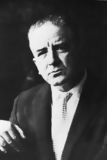
Writer

Film director, Berlin Golden Bear winner

Football player
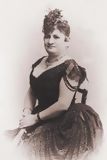
Writer and journalist
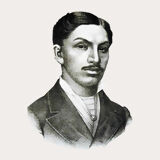
Doctor and scientist
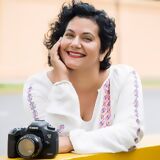
Photograph

Chess player

Industrialist
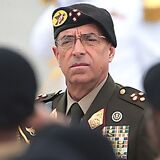
Former general

Specialist in public health

Actress and singer
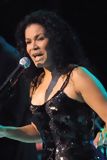
Afro-Peruvian music singer

Mathematician and engineer

Indigenous chronicler

Neurologist and anthropologist

Painter

Football player
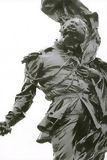
National hero, military leader

Intellectual and reformer
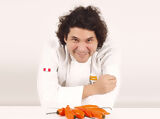
Chef and entrepreneur

Fashion designer
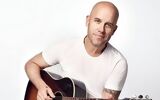
Singer-songwriter

TV presenter

Marathon runner

Indigenous Peruvian chronicler

Theologian

Former national team captain

Economist and former health minister

Inca princess

Writer and television host

Folk musician

Poet and guerrilla
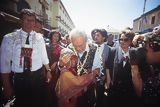
Former UN secretary-general

Chef, known for fusion cuisine

Football player

Peruvian aviation pioneer

Poet and artist
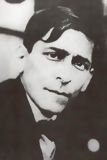
Marxist philosopher and writer

Industrialist and businessman
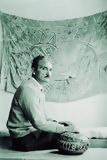
Novelist and ethnologist

Painter and muralist

Opera tenor

Fashion designer

Cardinal of Lima

Peruvian tennis player

Football coach

Leader of the indigenous rebellion
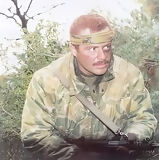
Military hero
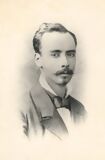
War of the Pacific hero

The youngest mother in history

Politician
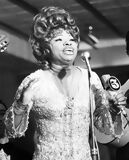
Creole music singer

Tennis player
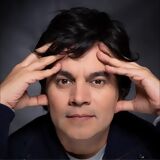
Musician

Writer and politician

Politician and founder of the Christian Democratic Party

Founder of Sodalitium Christianae Vitae

Archaeologist and anthropologist
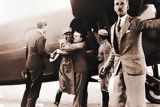
Military leader and politician

Television host
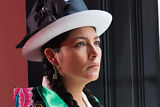
Actress and singer
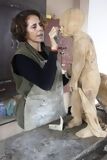
Contemporary sculptor
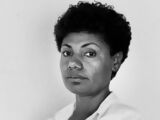
Women’s rights activist
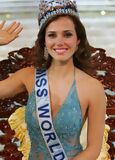
Beauty queen

Astrophysicist

Heroine of independence
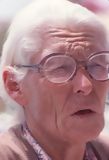
Mathematician and archaeologist

Historian and anthropologist
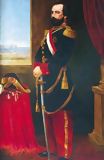
Military figure and historical figure
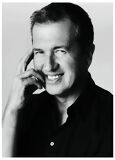
Fashion photographer
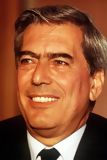
Writer, Nobel Prize in Literature, Politician

Revolutionary leader
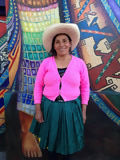
Environmental activist

Leader of the indigenous rebellion
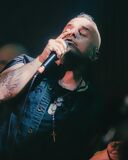
Musician from Gaia band
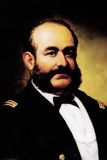
War hero
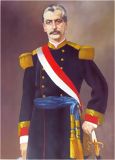
Military leader and politician

Chef, known for Nikkei cuisine

Volleyball coach and former player

Environmental activist

Television personality

Writer
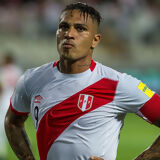
Football player

Epidemiologist and former health Minister

Inventor and aerospace pioneer

Soldier and inventor
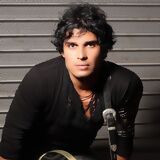
Rock singer

Chef and co-owner of Central restaurant

Painter

Football player

TV presenter and actress
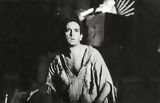
Actor
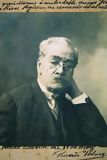
Writer and historian

Journalist and lawyer

Archaeologist, founder of Caral site
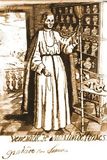
Monk and Saint
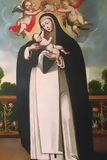
Saint, patron of Latin America

Physicist and engineer

World champion surfer

Actress

Oncologist
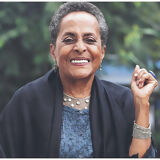
Singer, Latin Grammy winner

Former mayor of Lima
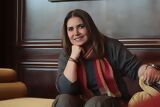
Singer

Actress

Former football player

Painter
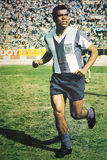
Former football player

Painter

Inca leader

Archbishop, saint
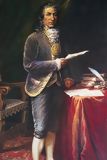
Leader of the indigenous rebellion

Revolutionary indigenous leader

Diplomat and intellectual

Sculptor and painter
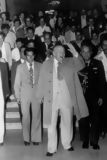
Political leader, founder of APRA

Lawyer and Former prime minister

Chef of Central restaurant
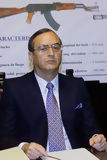
Former head of secret services

Popular singer

Fashion designer

Exotic music singer
José Carlos Mariátegui was one of the most influential intellectuals in Latin America, a Peruvian philosopher, writer, and Marxist thinker whose work marked a turning point in the understanding of Peru's social and political reality. He was born on June 14, 1894, in Moquegua, in southern Peru, to a humble family. From a young age, Mariátegui developed a deep interest in politics and social causes, which led him to become a defender of Marxism in Latin America. His most important work, The Seven Interpretative Essays on Peruvian Reality, published in 1928, is considered a fundamental text for understanding the country's social, economic, and cultural issues. In it, Mariátegui analyzes the roots of underdevelopment and exploitation in Peru, paying particular attention to the indigenous question and the importance of the peasantry in the revolutionary struggle. His legacy has endured over the years, and his ideas remain a reference for scholars of Latin American reality and Marxism.
Mariátegui grew up in modest circumstances and suffered from various health problems during his youth, which led him to spend much time at home and develop a love of reading. At an early age, he began working as a journalist in Lima, which allowed him to engage with the political and social ideas that were transforming the world in the 20th century. His work as a journalist helped him develop a social consciousness that deeply influenced his later thinking.
In the early 1920s, Mariátegui traveled to Europe, where he lived for several years in countries like Italy and France. During this time, he came into direct contact with Marxism and the revolutionary ideas that were spreading in Europe after the Russian Revolution of 1917. These formative years in Europe were crucial for the development of his Marxist thought, which he would later adapt to the Peruvian reality upon his return.
Upon his return to Peru in 1923, Mariátegui quickly became a prominent figure in political and cultural thought. In 1926, he founded the magazine "Amauta," which became a hub for intellectual and political discussion in Peru and across Latin America. Through "Amauta," Mariátegui promoted Marxist and revolutionary ideas and brought together some of the most important intellectuals of his time to debate Latin America's social and political reality.
Mariátegui's most important work is undoubtedly his book The Seven Interpretative Essays on Peruvian Reality, published in 1928. This book is considered one of the most significant contributions to social thought in Latin America, as it combines Marxist analysis with a deep understanding of the unique aspects of Peruvian society, particularly concerning the indigenous question and the feudal structure of the Peruvian countryside.
In The Seven Essays, Mariátegui argued that Peru could not be understood solely through traditional European Marxist concepts but required an analysis that considered the country's unique reality, especially its colonial history and the oppression of indigenous peoples. In this sense, Mariátegui was a pioneer in adapting Marxism to the realities of Latin America, distinguishing him from other Marxist thinkers of his time.
Unlike other Marxists of his time, Mariátegui did not view Marxism as a dogmatic ideology to be applied uniformly across the world. Instead, he believed that each country and region needed to develop its own version of Marxism, tailored to its specific historical and social conditions. In the case of Peru, this meant recognizing the crucial role of indigenous peoples in the struggle for a more just society.
For Mariátegui, Marxism was not just an economic theory but also a guide for political action. He firmly believed in the need to organize workers and peasants to fight for their rights and for a radical transformation of Peruvian society. Although Mariátegui died young, at the age of 35, his legacy has endured, remaining a key reference for social and political movements in Latin America.
José Carlos Mariátegui is widely regarded as the founder of Latin American Marxism, a school of thought that seeks to adapt Karl Marx's ideas to the particular realities of Latin America. His influence extends far beyond Peru, and his work has been translated into numerous languages and studied worldwide.
Mariátegui's legacy is not limited to his written works. His life itself is an example of intellectual and political commitment. Despite his health problems and the difficulties he faced, Mariátegui never stopped fighting for his ideals. His ability to combine theoretical analysis with political action made him a unique figure in the history of Marxist thought.
José Carlos Mariátegui died on April 16, 1930, at the young age of 35, due to health complications. However, despite his short life, his influence has been enormous. After his death, his work continued to be studied and admired by intellectuals, scholars, and activists around the world. In Peru, Mariátegui is remembered as one of the great thinkers of the 20th century, and his legacy lives on in the country's social and political struggles.
José Carlos Mariátegui was a revolutionary thinker whose work remains relevant in the 21st century. Through his writings and life, he left a legacy that continues to inspire those seeking to understand and transform Latin America's social and political reality. His ability to adapt Marxism to Peru's unique conditions sets him apart as one of the most important intellectuals of his time, and his work remains an indispensable reference for those fighting for a more just and equal society. Despite his short life—he passed away at 35 in 1930—his influence has endured, making him a key figure in Marxist and Latin American thought.